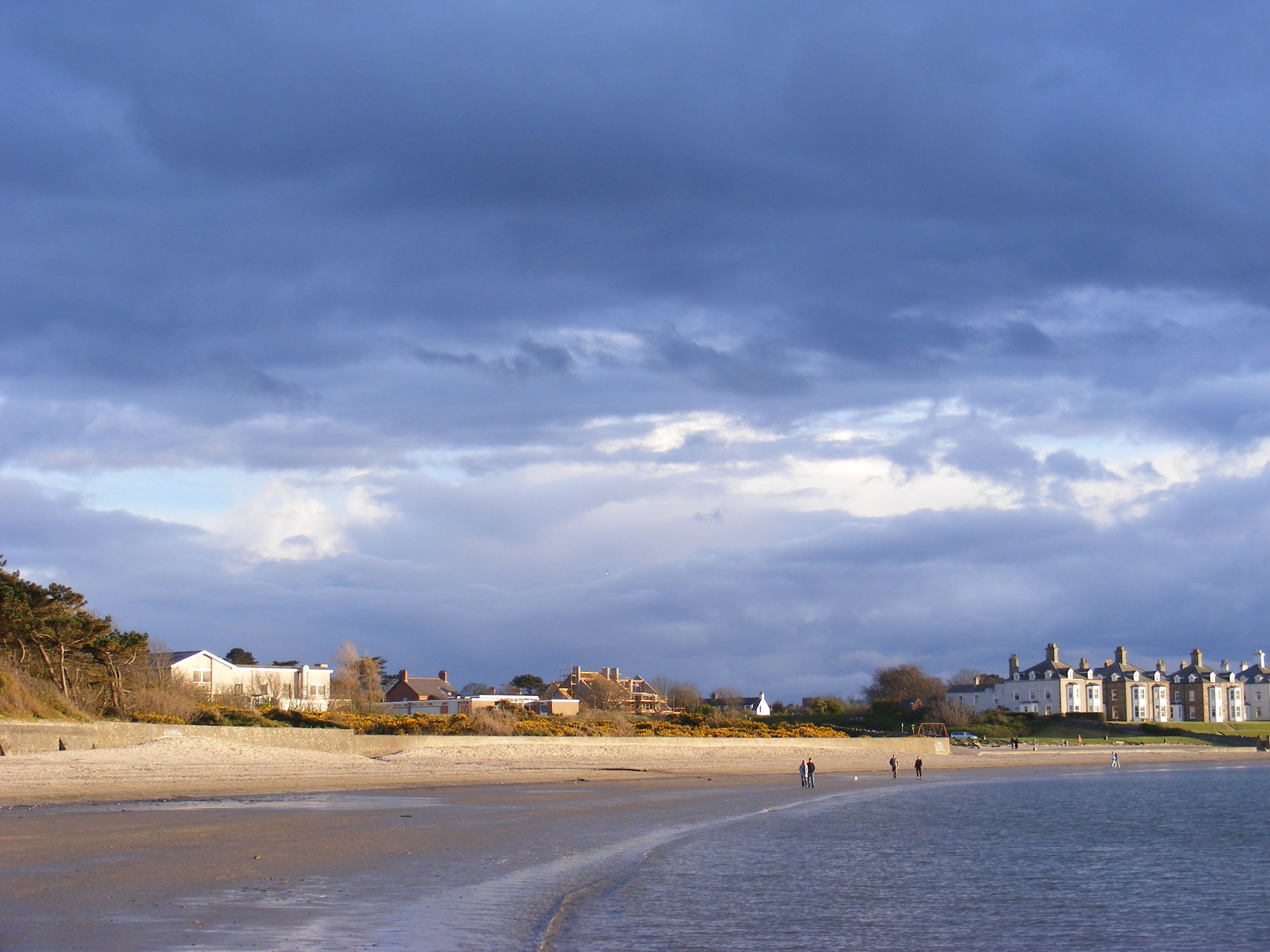A Parable About Power, Empire, Money and Violence 4: Luke 19:11-27

Zacchaeus story has a man of noble birth coming to a city, the difference here is that this man, we know, has nowhere to lay his head. The story has a redistribution of wealth too, only this one is in the opposite direction to the one in the parable. This time a man of means distributes to those who are poor and rights a series of wrongs by paying back fourfold those he had cheated. Expecting nothing in return.
And if I go with the Ken Bailey interpretation of this story (and why would I not?) this story also has a man in authority redirecting violent intent from a potential victim onto himself. According to Bailey, Jesus spots the crowd have trapped Zacchaeus in the tree, angry and resentful at his behaviours towards them over their taxes. Jesus changes his plans (Luk 19:1), decides to stay at Zacchaeus’s house (Luk 19:5) and the crowd start to mutter against Jesus (Luk 19:7). It’s an early foreshadowing of the cross, says Bailey. No wonder Zacchaeus welcomes him gladly (Luk 19:6).
Discerning something new and radical in this man Jesus, and grateful for his generosity, Zacchaeus’ vows to change his life. He embraces a new set of values, and promises to give half his wealth to the poor in the town, and pay back those he has cheated four times the amount he took. I struggle with the maths of this, but it wouldn’t surprise me that he left himself with very, very little.
It is surely of huge significance therefore, with the embrace of a new value system, a new way of being in community, and a new authority in his life, that Jesus pronounces salvation has come to Zacchaeus’ house (Luk 19:9).
But what happens to Zacchaeus from this point on, assuming he continues living in Jericho? Does he continue to work as a tax collector, only this time more honestly? Does he give up that job which is too much of a temptation towards easy wealth? Does he cast his recently impoverished self, a status voluntarily chosen, upon the kindness of his neighbours? And what about the neighbours? Were they so moved by his transformation that they care for him? Do they welcome him in to community? Perhaps. But surely not everyone will be so moved. Surely he will continue to have enemies who find it impossible to forgive and forget. And so he remains vulnerable, even to the loss of his life in some dark alley on some dark night in the town.
Not a pleasant prospect and not one that promises any easy or quick resolution. Yet having embraced a new way of life and a new value system it would be difficult for Zacchaeus to go back to his old way of living, screwing a living from the people of the town with the might of Empire behind him.
Zacchaeus has rejected a way of living which says that those who have will get more and those who have least, will have even what they possess taken from them. He refuses to participate any longer in what Pope Francis has called “the economics of exclusion,” which has created a world in which the richest 85 people on the planet are worth nearly as much as the poorest 50% of the population of the world. And Zacchaeus has embraced a radical way of life which ensures that the poor have enough to live on and economic injustices are made right. On this basis, it seems, salvation came to his house.
But it won’t be easy to sustain this. It won’t be universally approved of and embraced. In fact it will be violently opposed and some will die. But their persecution and death is not a sign that the Kingdom of God has failed or won’t come. It is though, perhaps a sign that the powers are unhappy, that something is disturbing the comfortable, taken for granted pattern of life, that benefits some and destroys most. Don’t lose heart. It won’t come quickly, but the Kingdom will come.
The suffering of Jesus has won it and the resurrection confirms it.
